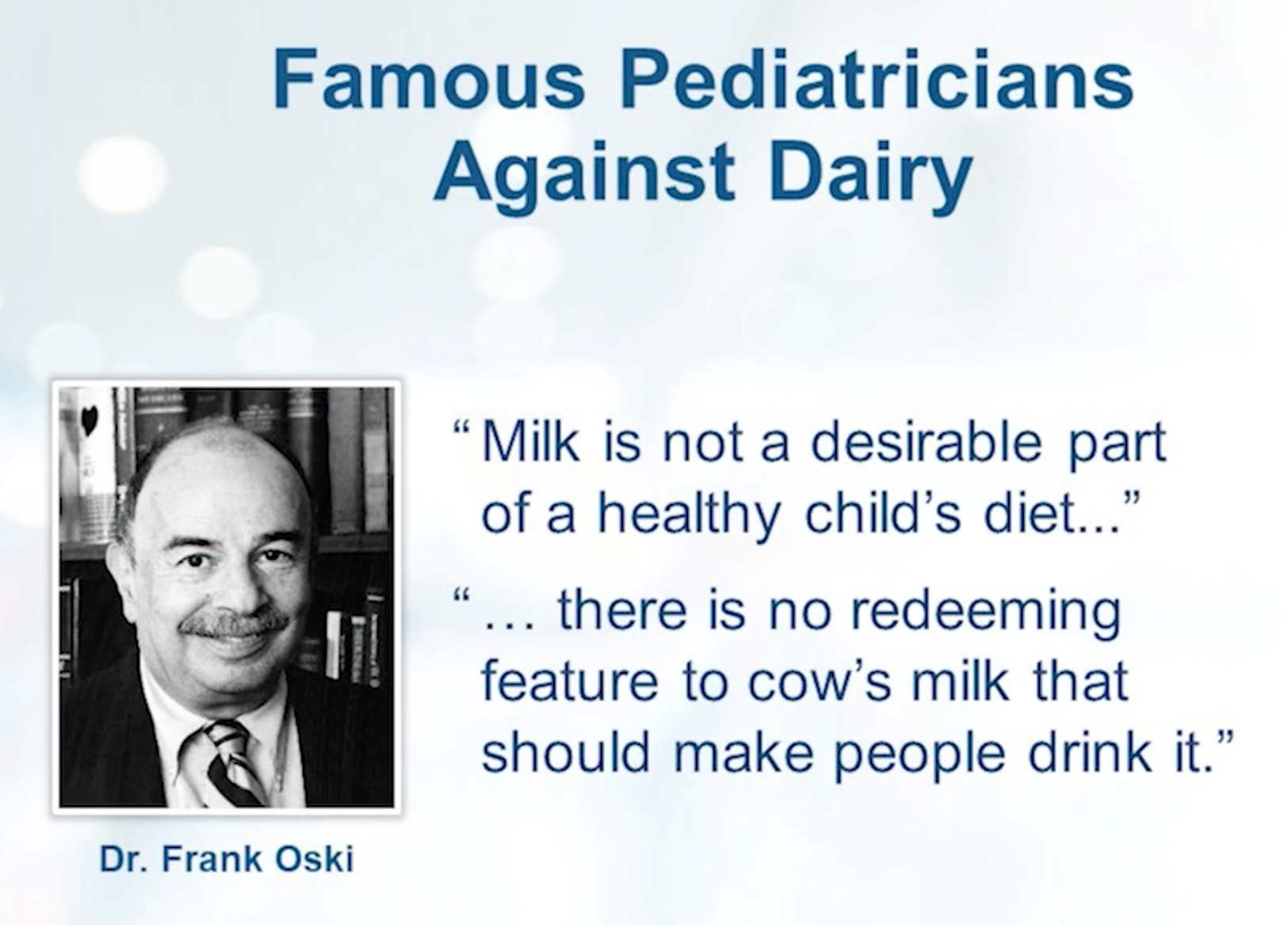Many parents have heard of Dr Benjamin Spock (1903-1998). His book Baby and Child Care is the 2nd best selling book in USA after the Bible. Its first edition was published in 1946. The 7th edition was published a few weeks after Dr Spock's death in 1998.
Did you know that Dr Spock recommended WFPB in the last edition of his famous book? :-) I was surprised when I learnt that through a Dr Greger video.
The Wikipedia page for Baby and Child Care says,
Wikipedia page for Dr Spock says,
At offset 2:14 in this video, Dr Greger recounts Dr Spock's nutrition advice from 1998.
For more details, please see Dr Spock & WFPB.
… but Dr Spock is no more; he died in 1998. Today, we have many more resources for adopting WFPB. Please see below.

Who is Dr Frank Oski [1932-1996]?
- Director, Department of Pediatrics, Johns Hopkins University, 1985-1996
- Lifetime Achievement Award, American Academy of Pediatrics, 1996
- Physician-in-Chief, Johns Hopkins Children's Center, 1985-1996
- … and more! See Dr Frank Oski's biography.
Book: Don't Drink Your Milk (130 pages, 1977).
Book review: here (has quite a few details)
A quote attributed to him by this article at Britannica:

 Instagram
Instagram YouTube
YouTube